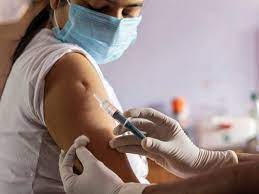- Vaccinations are one of the most important tools we have to protect public health. They are designed to stimulate the immune system to recognize and fight off specific infections, and they have been instrumental in preventing many serious diseases.
- Vaccinations have had a tremendous impact on public health, significantly reducing the incidence of many infectious diseases such as polio, measles, mumps, rubella, and hepatitis B. Vaccinations have also helped prevent the spread of deadly viruses, including influenza and COVID-19.
- One of the most significant benefits of vaccinations is that they can help prevent outbreaks of infectious diseases. By achieving high levels of vaccination coverage in a population, we can create “herd immunity,” which means that even individuals who are not vaccinated are protected from disease because there are few opportunities for the disease to spread.
- Vaccinations are also important for individuals who may be at higher risk of serious illness or complications from infectious diseases, such as young children, older adults, and individuals with compromised immune systems. Vaccinations can help protect these individuals from serious illness or even death.
- Despite the overwhelming evidence of their safety and effectiveness, vaccines have been the subject of controversy and misinformation in recent years. However, it is important to remember that vaccines have undergone rigorous testing and have been proven to be safe and effective in protecting public health.





